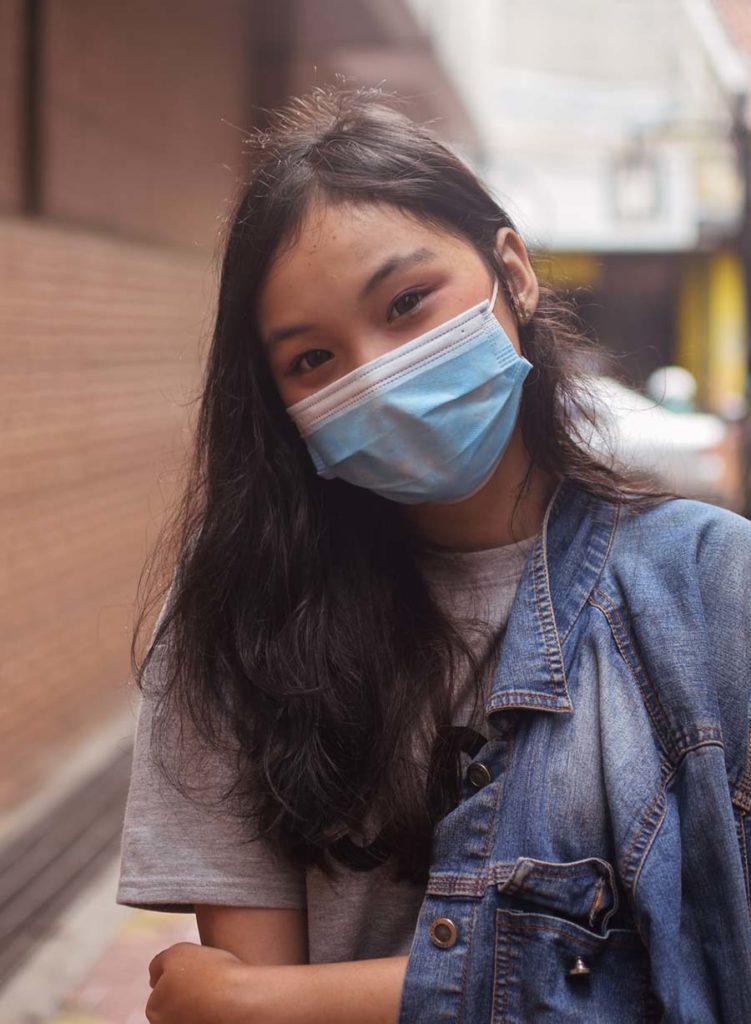Students should learn where the on-campus health center or services are located as well as the hours of operation and the services provided so that it is easy to access them when needed. It is recommended that students see a doctor or nurse immediately if they have any of the following symptoms:
- Persistent, severe vomiting or diarrhea for longer than twenty-four hours
- Bad cough that does not go away
- Presence of any green or yellow mucous discharge
- Severe pain when breathing
- Severe headache with painful sore throat
- Fever of 102° F (39° C) or higher for more than 24 hours
- Sore throat that lasts longer than 48 hours
Students should remain aware of and follow the university’s most current COVID-19 policies for living on campus or attending class in-person. Students should also follow public health guidance issued by the Centers for Disease Control and Prevention (CDC). Important ways students can reduce the spread of COVID-19 and other infectious diseases include: wearing a mask that covers nose and mouth, maintaining social distance, and practicing personal hygiene such as washing hands frequently.
COVID-19 Protocols
Before traveling to the United States, students should be aware of the current entry requirements from the U.S. Department of State and the Centers for Disease Control regarding COVID-19. Once on campus, students will be required to adhere to all of the university’s COVID-19 protocols, including but not limited to regulations around masking, social distancing, testing, and vaccination.
Alcohol, Smoking and Drugs
In the United States, it is illegal for anyone under 21 years old to drink alcohol or use tobacco products, including cigarettes, cigars, or e-cigarettes. It is a crime for anyone to sell or serve alcohol or provide tobacco products to anyone under 21 years old. Restaurants or bars that serve alcohol or retailers of alcohol or tobacco products are required to check the age of customers to ensure they are over 21 years old before selling to or serving them. In addition, on university campuses and in many public places, it is only permitted to drink alcohol or use tobacco products in designated areas, even if a person is 21 years old or older.
Use of non-prescribed drugs is illegal in the United States. Nevertheless, students could be in a situation where they are offered drugs such as marijuana, cocaine, psilocybin mushrooms, ecstasy (MDMA), nitrous oxide, and ketamine at a social gathering or bar. In addition to the risk of addiction and other dangers, those using or in possession of drugs could face arrest, detention, and expulsion from university.

